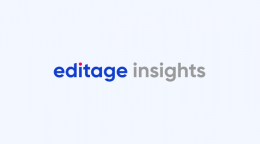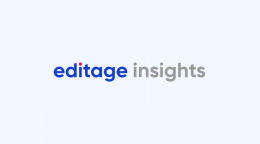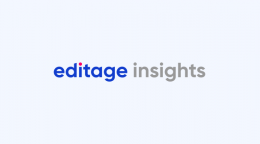How to identify predatory conferences: The Think.Check.Attend checklist

Members of the scholarly community are well-acquainted with the increasing menace of predatory publishers and journals. The more recent entry in the league of predators in academic publishing are predatory conferences. In recent times, many academics from various fields have been receiving an increasing number of invitations to present at or attend conferences. Most of these appear to be scholarly conferences, but are in reality an exploitative means used by predatory publishers and conference organizers to make money in the form of registration fees. These fake conferences mostly target unsuspecting early-career researchers. Sometimes, the speakers or attendees are subsequently informed that the conference had been cancelled due to some reason, but the registration fees were never returned. At other times, the meetings do happen, but they are far from the high profile international events they were expected to be: sparsely attended and without any of the prominent speakers displayed on the conference website. Stories about these dubious meetings and events have been reported in Science Magazine, NYTimes, and HUFFPOST.
Thus, in addition to predatory journals and publishers, researchers now need to be wary of predatory conferences as well. But how can one judge whether a conference is legitimate or a fake one? Think. Check. Attend. is an initiative by Knowledge E - an organization that supports innovation and development in research and publishing - that aims to guide and assist researchers and scholars to judge the legitimacy and academic credentials of conferences in order to help them decide whether to attend.
Following a methodology related to Think. Check. Submit., a campaign to help researchers identify trusted journals for their research, Think. Check. Attend. provides guidelines that help researchers differentiate between an authentic conference and one they should avoid. It is based on a simple checklist that researchers can follow to choose the right conference to attend and/or present their research.
Here are the questions in the checklist that a researcher must answer to check the reliability of a conference:
Organizers & Sponsors
- Are you aware of the society or the association organizing this conference?
- Can you easily identify the venue of the conference?
- Is it the first time this conference has been held?
- Have you or your colleagues attended this conference before?
- Is it clear what fees will be charged (conference fee, registration fees, etc.) and if these will be waived if you are accepted as a speaker?
- Are any sponsors involved in the conference?
- Are you aware of any of them, especially with industry-related fields such as Engineering & Biomedical research?
- Did you check the conference website? Can you find all the information presented in a proper way such as the (attendance fees, submission date, conference date, editorial committee, program details, venue)?
- Have you read any papers from this conference proceedings before?
Agenda & Editorial Committee
- Is there clear information about the timeline and the agenda for the conference?
- Do the scope and objectives of the conference fit your field and core interest or not?
- Have you heard of the Keynote speakers?
- Is the Editorial Committee listed on the website?
- Have you heard of the Editorial Committee members before?
- Is the Committee clear about the editorial control over presentations and the type of peer-review it uses?
Conference Proceedings
- Is the Organizing Committee clear about where the proceedings will be published?
- Does the conference make it clear which indexing services it can guarantee published proceedings and to which indexers it will submit the proceedings for evaluation?
- Is the publisher of the proceedings a member of a recognized industry initiative such as COPE, DOAJ, OASPA?
Researchers should answer the above questions and attend the conference or submit their abstract only if they are satisfied and can answer ‘yes’ to most of the questions. We hope researchers make use of this checklist and avoid falling prey to bogus conference organizers.
Related post:
Think Check Submit - The checklist that helps you choose a reliable journal
Published on: Oct 25, 2017
Comments
You're looking to give wings to your academic career and publication journey. We like that!
Why don't we give you complete access! Create a free account and get unlimited access to all resources & a vibrant researcher community.

Subscribe to Career Growth













